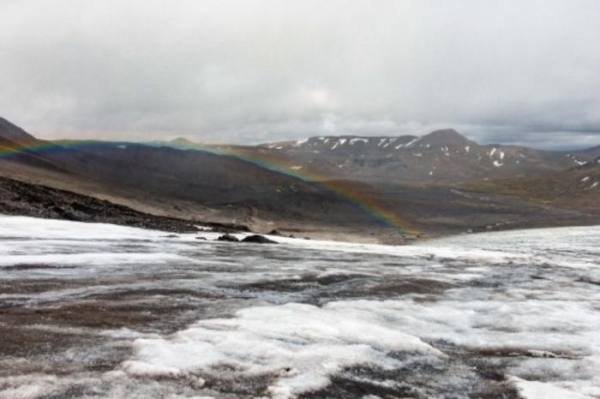New research reveals mountain glaciers across the globe will not recover for centuries – even if human intervention cools the planet back to the 1.5°C limit, having exceeded it.
articles
Native Turtles Return to Yosemite After Removal of Invasive Bullfrogs
Without american bullfrogs, native pond turtles increase at national park.
New Chip Uses AI to Shrink Large Language Models’ Energy Footprint by 50%
Oregon State University College of Engineering researchers have developed a more efficient chip as an antidote to the vast amounts of electricity consumed by large-language-model artificial intelligence applications like Gemini and GPT-4.
Agri-PV Enjoys Comparatively High Acceptance
Study by the University of Bonn sees great potential for solar cells on grain fields or pastures.
Thousands of Animal Species Threatened by Climate Change, Novel Analysis Finds
A novel analysis suggests more than 3,500 animal species are threatened by climate change and also sheds light on huge gaps in fully understanding the risk to the animal kingdom.
First-of-its-Kind Global Study Shows Grasslands can Withstand Climate Extremes with a Boost of Nutrients
Fertilizer might be stronger than we thought.










